Alberto Maringhini – Marco Maringhini – Gabriella Dardanoni – Margherita Rossi – Rosalia Patti – Michele Amata – Sabrina Arnone – Antonio Maiorana.
Dig Dis Sci. 2021 Nov 3 doi: 10.1007/s10620-021-07281-y
Abstract
Background: Acute pancreatitis (AP) caused by gallstones has an increased rate of incidence in young women in the 2 years postpartum. Middle-aged women with longer periods of breastfeeding have less hospitalization for gallbladder disease.
Aim: To investigate whether breastfeeding or other variables may be associated with AP.
Methods: We conducted a population-based case-control study among all Sicilian women of childbearing age, and we identified all women who delivered (2013-2016) and had AP within 2 years postpartum. We reviewed their medical records, and for each case we matched four women of the same age (± 5 years), without AP. Univariate and multivariate logistic regression was used to estimate the odds ratios (OR) with their confidence intervals (CI) to assess associations between AP and clinical determinants.
Results: In the 74 women with AP and 298 controls at univariate analysis, > 6 months oral contraception history (p < 0.01; OR 3.30; 95% CI 1.33-8.16), previous biliary disease (p < 0.001; OR 5.90; 95% CI 1.98-17.57) and smoking (p = 0.035; OR 2.04; 95% CI 1.04-4.0) were predictors of AP; amenorrhea ≥ 3 months (p < 0.001; OR 0.34; 95% CI 0.19-0.59) and breastfeeding ≥ 3 months (p < 0.001; OR 0.07; 95% CI 0.03-0.14) were protective. At multivariate analysis, previous biliary disease (p = 0.011; OR 5.49; 95% CI 1.48-20.38) and breastfeeding ≥ 3 months (p < 0.001; OR 0.06; CI 95% 0.03-0.14) were associated with AP.
Conclusions: Women who breastfeed for at least 3 months and do not have a history of biliary disorders have reduced risk of developing AP in the 2 years after delivery.
Keywords: Acute pancreatitis; Breastfeeding; Gallstones; Pregnancy.
© 2021. The Author(s), under exclusive licence to Springer Science+Business Media, LLC, part of Springer Nature.
 Alberto Maringhini
Alberto Maringhini
 Alberto Maringhini
Alberto Maringhini

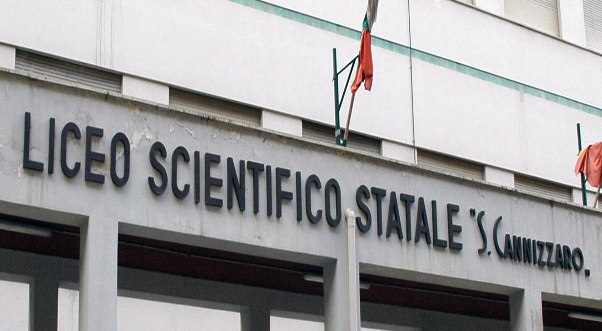
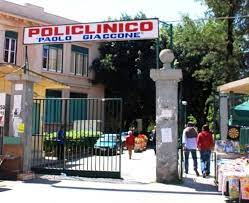

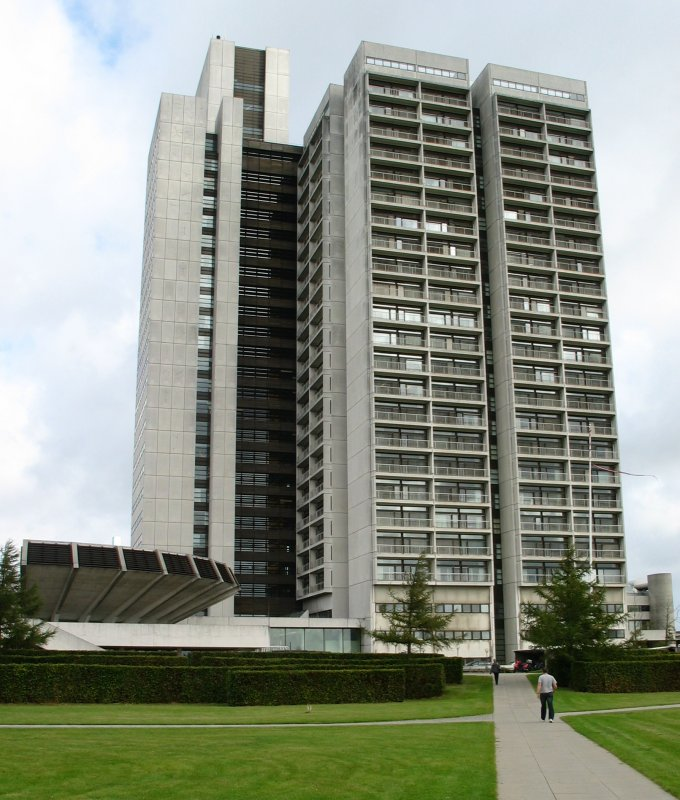

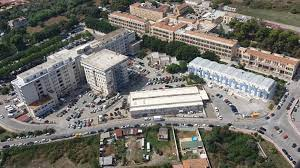
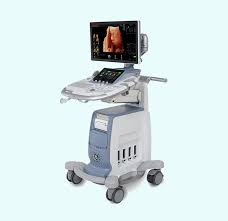
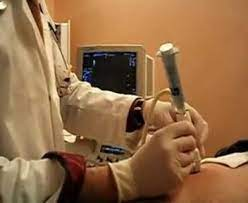

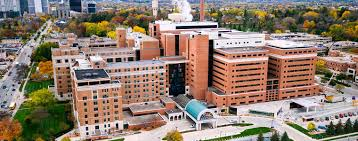

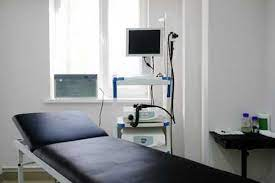


Condividi su